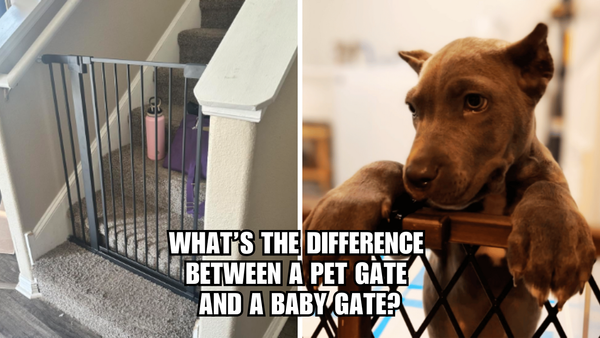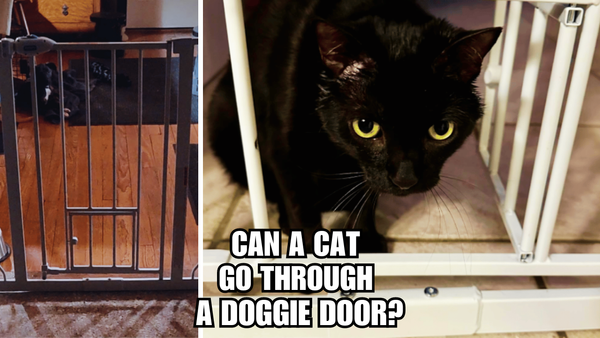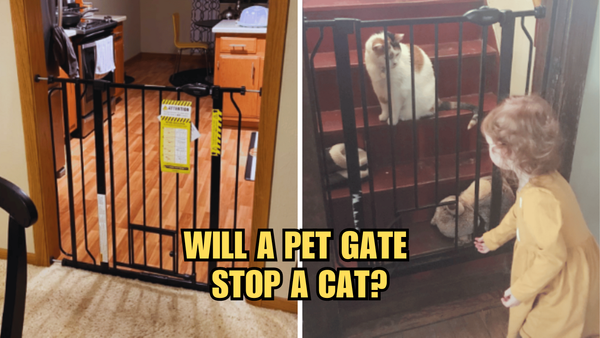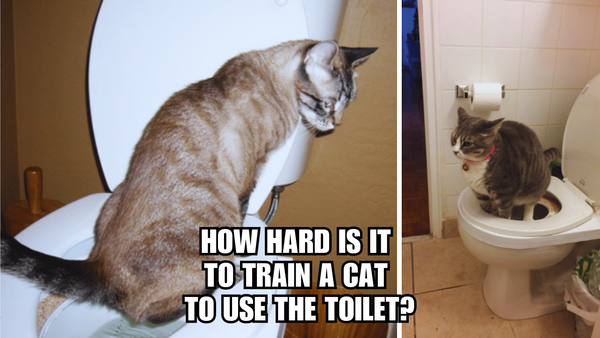Cat owners know the struggle of maintaining a fresh and clean home environment, especially when it comes to managing cat litter dust and odors. Air purifiers have been touted as a solution, but do they really work against cat litter dust? This comprehensive guide will explore the effectiveness of air purifiers in combating this common issue faced by pet owners.
Key Takeaways:
- Air purifiers with HEPA filters can capture fine cat litter dust particles, improving indoor air quality.
- Activated carbon filters in air purifiers are effective in neutralizing cat litter odors.
- Regular maintenance of both the litter box and the air purifier is essential for optimal performance in controlling cat litter dust and smell.
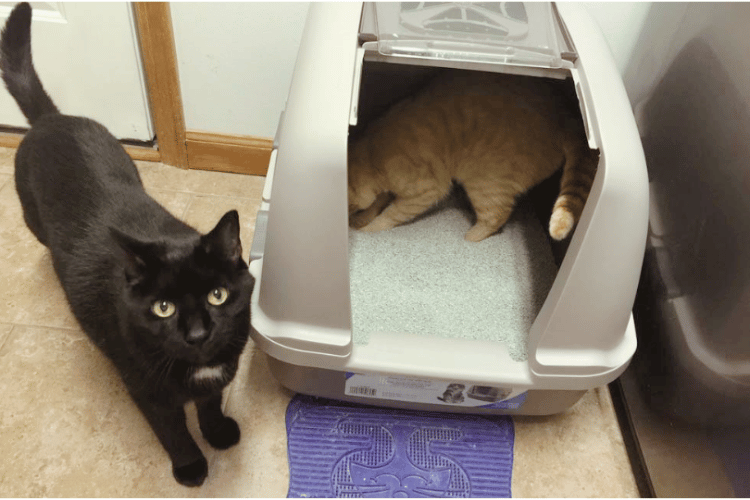
Understanding Cat Litter Dust and Its Impacts
Cat litter dust is more than just a nuisance; it can affect both your health and your cat's health. These fine particles can spread throughout your home, settling on surfaces and becoming airborne easily. When inhaled, they can exacerbate allergy symptoms and pose health risks, especially for those with respiratory issues.
The Science Behind Air Purifiers and Cat Litter Dust
Air purifiers work by pulling in air from the room and passing it through a series of filters to remove contaminants. A high efficiency particulate air (HEPA) filter is capable of trapping particles as small as 0.3 microns, which includes the fine dust from cat litter. This means that a particular air filter like a HEPA can effectively reduce the amount of litter dust in the air.
Choosing the Right Air Purifier for Cat Litter Dust
When selecting an air purifier for cat litter dust, it's crucial to look for one with a true HEPA filter. This ensures that the majority of fine dust particles are captured. Additionally, consider the clean air delivery rate (CADR) of the unit, which indicates how well it can purify the air within a specific area.
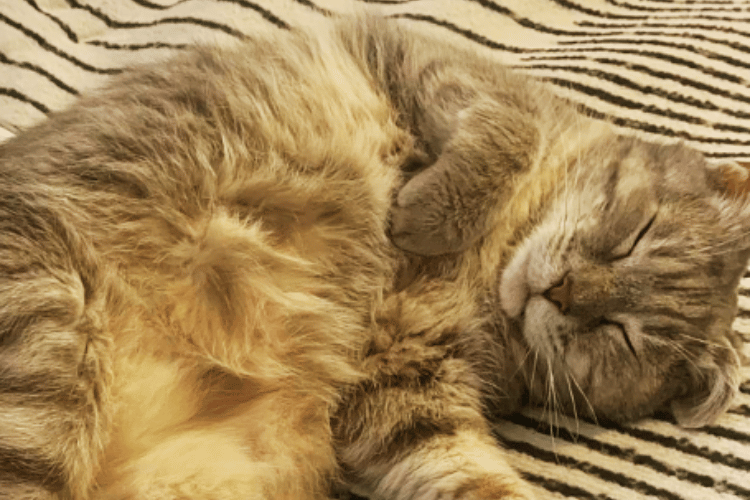
The Role of Activated Carbon Filters in Odor Control
While HEPA filters capture particles, activated carbon filters are the champions of odor control. These filters absorb odors, including those from cat litter, by trapping volatile organic compounds (VOCs) and neutralizing the smell of cat litter. A purifier for cat litter should ideally have both HEPA and activated carbon filters for comprehensive air purification.
The Importance of Regular Maintenance
To ensure your air purifier continues to work effectively against cat litter dust and odors, regular maintenance is key. This includes replacing filters as recommended by the manufacturer and cleaning the unit. Similarly, litter box regularly cleaning is essential to prevent the buildup of dust and odors.
Pet Dander and Cat Hair: Additional Considerations
Cat litter isn't the only concern for pet owners. Pet dander and cat hair can also contribute to poor indoor air quality. A good air purifier works to capture these allergens, providing relief for those with allergy symptoms and improving overall air quality.
Innovative Litter Box Designs to Minimize Dust and Odor
When it comes to managing cat litter boxes, innovative designs can play a pivotal role in reducing both dust and odor. Some modern litter boxes come with built-in ventilation systems that help to whisk away dust particles and pet odors before they have a chance to permeate your living space. These designs often incorporate activated carbon filters, which are adept at trapping and neutralizing odors, ensuring that the litter box smell doesn't become a constant background note in your home. By choosing a litter box that's engineered to control dust and odor, cat owners can significantly improve their indoor air quality.
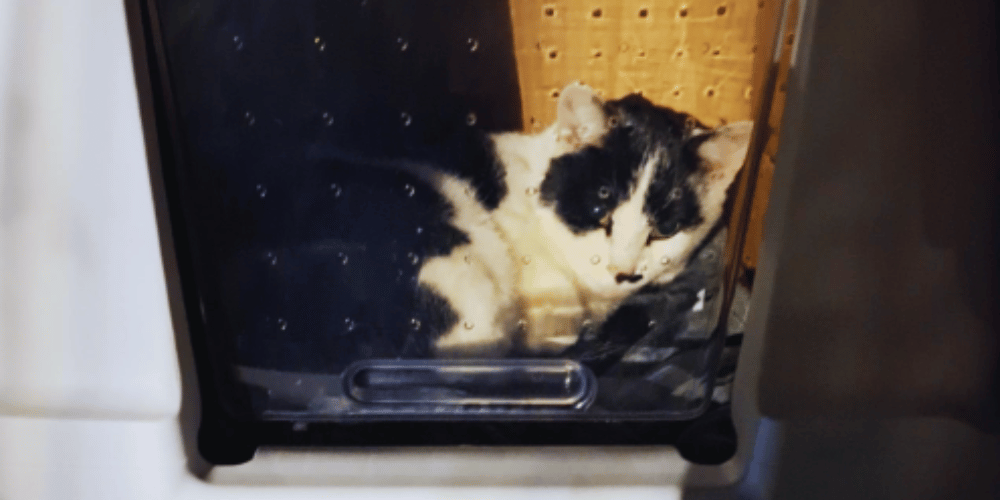
Moreover, the latest kitty litter boxes are designed with both the cat's health and the owner's convenience in mind. Features like high walls and covered tops can help contain litter and reduce the amount of dust that escapes into the air. Some even have a grated entrance that captures litter from your cat's paws as they exit, keeping your floors tidy. For those particularly sensitive to dust, opting for a dust-free litter in conjunction with these advanced litter boxes can create a cleaner and more pleasant environment for both cats and humans alike.
Optimizing Your Home Environment for Your Feline Friend
When it comes to maintaining a fresh home environment, cat owners often overlook the influence of their home's overall air quality. Most air purifiers are designed to tackle a variety of airborne particles, including mold spores, which can be particularly harmful to both human and cat's health. By integrating an air purifier with an activated carbon filter into your living space, you're not just addressing cat litter dust, but also creating a healthier atmosphere for everyone.
Moreover, a tidy cats' space is essential for their well-being. Regularly cleaning your cat's litter box and the surrounding area helps to minimize the spread of dust and potential allergens. It's also beneficial to consider the placement of the litter box; keeping it in a well-ventilated area can significantly reduce the concentration of dust and odors in the air, making the most of your air purifier's capabilities.
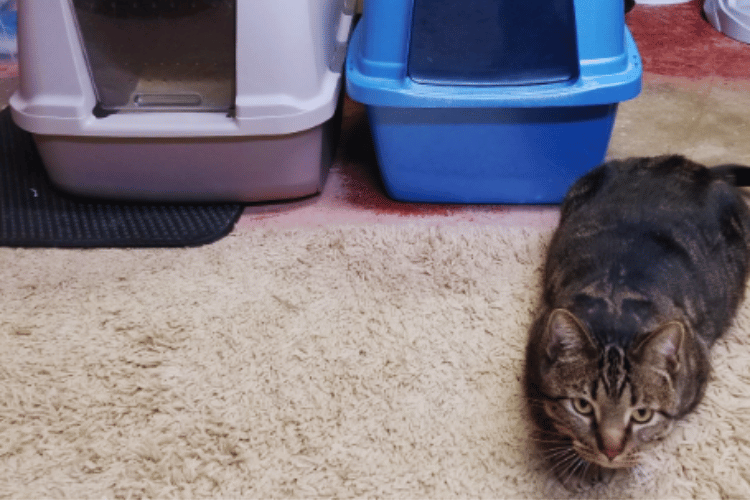
The Connection Between Cat's Health and Litter Box Hygiene
When it comes to maintaining a clean and healthy environment for both you and your feline friend, understanding the connection between your cat's health and litter box hygiene is crucial. A cat owner must recognize that a cat's litter box is not just a place for waste disposal; it's a reflection of the cat's health. If a cat is experiencing any health issues, it may manifest in changes in litter box habits or the condition of the waste. For instance, a cat suffering from a urinary tract infection may visit the box more frequently, which can lead to increased dust and odor if not managed properly.
Moreover, a dust-free litter box environment is essential for preventing respiratory issues in cats. Just as humans can be affected by dust, cats can also develop allergies or asthma if exposed to dusty litter. By choosing a dust-free litter, cat owners can significantly reduce the amount of airborne particles that could potentially harm their pet's respiratory system. This proactive approach not only contributes to the cat's health but also helps in maintaining cleaner air within the home, benefiting everyone in the household.
Exploring Hypoallergenic Litter Options for a Dust-Free Environment
When it comes to maintaining a dust-free environment, the type of cat's litter box and the litter used are pivotal. Hypoallergenic litters are designed to minimize dust and are often made from natural materials like pine, corn, or wheat. These alternatives not only reduce the amount of dust kicked up when your cat covers their business but also help in keeping the surrounding air cleaner. For cat owners, this means less particulate matter to trigger allergies and a more pleasant home environment.
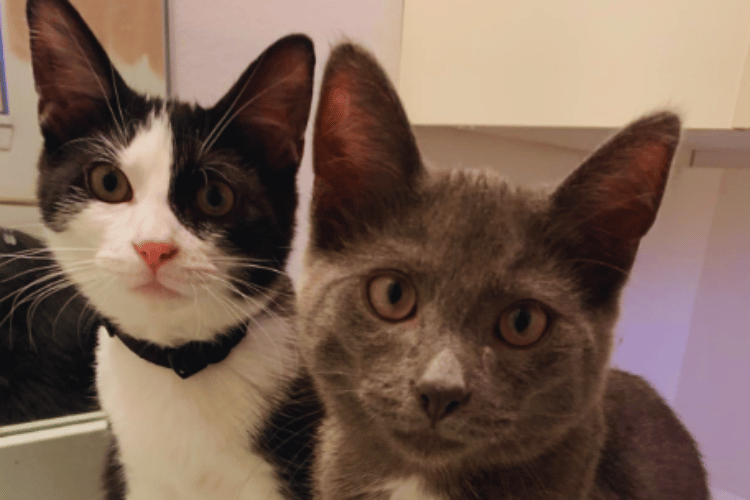
Moreover, these dust-free litters are typically more absorbent and effective at controlling odors, which contributes to a healthier living space for both you and your feline friend. When combined with a high-quality air purifier, these hypoallergenic litters can significantly reduce the amount of airborne dust and allergens. It's a win-win situation for cat's health and owners' comfort, ensuring that the air remains as clean and fresh as possible.
Innovative Air Purifying Technologies for Cat Owners
When it comes to maintaining a dust-free environment for both you and your feline friends, innovative air purifying technologies can be a game-changer. These advanced systems are designed to tackle the fine particles of cat's litter box dust that traditional purifiers may miss. By utilizing HEPA filters alongside electrostatic precipitators or UV-C light, these purifiers can capture and neutralize even the most stubborn of airborne particles, ensuring a cleaner breathing space for everyone in the home.
Moreover, some air purifiers now come with smart features that adapt to the level of dust and odors in the room. This means that if your cat's diet has changed, which can affect the odor and composition of litter box waste, the purifier can adjust its settings accordingly. This dynamic approach to air purification not only enhances the air quality but also contributes to the overall cat's health by reducing potential respiratory irritants.
The Significance of Litter Material in Dust Reduction
When it comes to maintaining a dust-free environment around your cat's litter box, the choice of litter material plays a pivotal role. Clumping clay litters, for instance, are notorious for generating a cloud of dust that can spread throughout your home. However, there are alternatives such as biodegradable materials like recycled paper, pine, or wheat that significantly minimize dust. These eco-friendly options not only contribute to a cleaner air space but also offer a more natural digging experience for your feline companion.
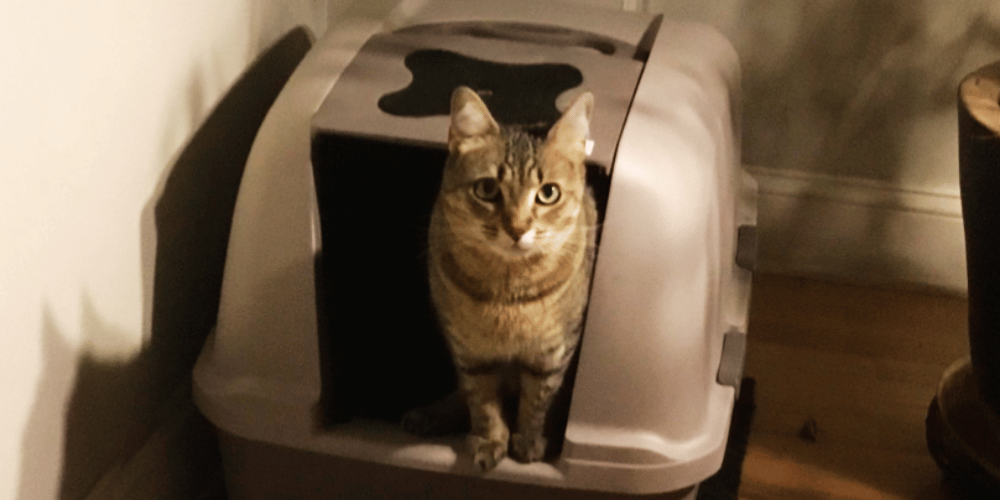
In addition to being dust-free, these alternative litters are often lighter and easier to manage. They are highly absorbent and effective at controlling odors, which can enhance the overall air quality of your home. When selecting a litter, it's essential to consider your cat's health and preferences, as some cats may be sensitive to certain textures or scents. By choosing the right litter material, you can ensure a comfortable and clean environment for both you and your pet.
Dietary Adjustments for a Healthier Litter Box Experience
The link between your cat's diet and the condition of their litter box is more significant than you might think. A high-quality diet can lead to better digestive health, which in turn can result in firmer stools and less odoriferous waste. This is crucial for maintaining a dust-free and pleasant-smelling litter box area. Foods that are rich in digestible proteins and low in fillers can reduce the volume of waste your cat produces, making the litter box easier to clean and maintain.
Moreover, a well-balanced diet supports your cat's health and can prevent issues such as diarrhea, which can contribute to a messier litter box and more challenging cleanup. It's important to consult with your veterinarian to tailor your cat's diet to their specific needs, which can vary based on age, activity level, and health status. By being mindful of what you feed your feline friend, you can positively impact the cleanliness of their litter box and the air quality of your home.
The Evolution of Cat Litter for Health and Cleanliness
The evolution of cat litter has been significant, with manufacturers now focusing on creating dust-free formulas that contribute to a cleaner home and better air quality. These new types of litter are made from a variety of materials such as recycled paper, wood, and even grass, all of which are designed to clump effectively while minimizing dust. This shift not only benefits the cleanliness of the cat's litter box area but also supports the cat's health by reducing the risk of respiratory issues associated with inhaling fine dust particles.
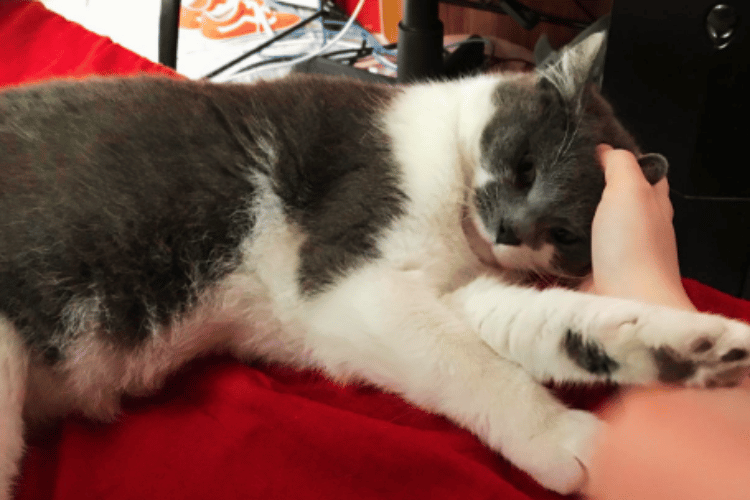
In addition to being dust-free, many of these innovative litters are also more environmentally friendly and easier to manage. They often come with natural odor-controlling properties, which means that they can help maintain a fresh-smelling home without the need for added chemicals. This is particularly important for cat owners who are conscious about their pet's diet and health, as these natural litters are less likely to cause adverse reactions or sensitivities.
The Synergy Between Cat's Diet and a Clean Litter Box
The link between a cat's diet and the condition of their litter box is often overlooked. A balanced diet can lead to healthier digestion and, consequently, less odorous waste. High-quality cat food that is rich in digestible proteins can result in firmer stools and less smelly litter boxes. This, in turn, means that air purifiers and litter deodorizers have less work to do, maintaining a dust-free and fresh-smelling home.
Furthermore, a proper diet can reduce the amount of waste your cat produces, which means the litter box stays cleaner for longer. This not only makes for a more pleasant living environment but also contributes to the overall cat's health. By paying attention to your cat's diet, you're taking a proactive step towards a cleaner litter box and a happier home. Remember, a healthy cat equals a cleaner litter box, and a cleaner litter box leads to a dust-free home.
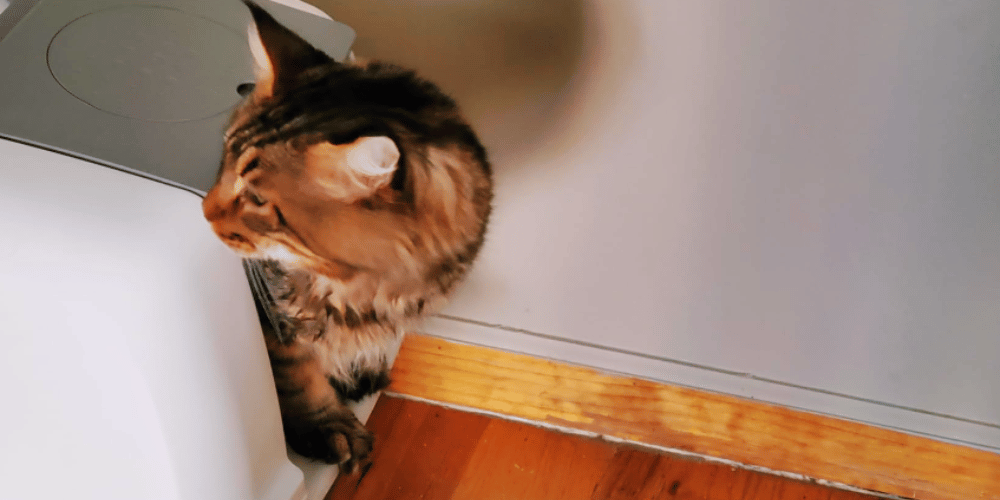
Tailoring Your Cat's Diet for Optimal Litter Box Conditions
The diet of your cat plays a pivotal role in the condition of their litter box. As a cat owner, you might notice that certain foods can affect the odor and consistency of your cat's waste, which in turn impacts the overall cleanliness of the cat's litter box. A high-quality cat's diet that is rich in digestible proteins and low in fillers can lead to firmer stools and less pungent waste, making it easier to keep the litter box clean and dust-free. It's important to monitor how different foods affect your cat and adjust their diet accordingly to ensure optimal litter box conditions.
Furthermore, a well-balanced diet contributes to a cat's overall health and can prevent many litter box-related issues. For example, a diet that supports a healthy digestive system can reduce the likelihood of diarrhea, which can be messy and difficult to clean up, leading to increased dust and odor. By investing in your cat's diet, you not only enhance their health and wellbeing but also make litter box maintenance more manageable. It's a win-win situation for both the cat and the cat owner, resulting in a happier, healthier home environment.
The Influence of a Cat's Diet on Indoor Air Quality
A cat's diet plays a subtle yet significant role in the quality of the air within your home. Certain foods can contribute to the intensity of cat odor emitted from both your furry friend and their litter box. By choosing a diet for your cat that promotes digestive health and reduces waste odor, you can complement the effectiveness of your air purifier. This proactive approach can lead to a more pleasant living environment and a happier, healthier cat.
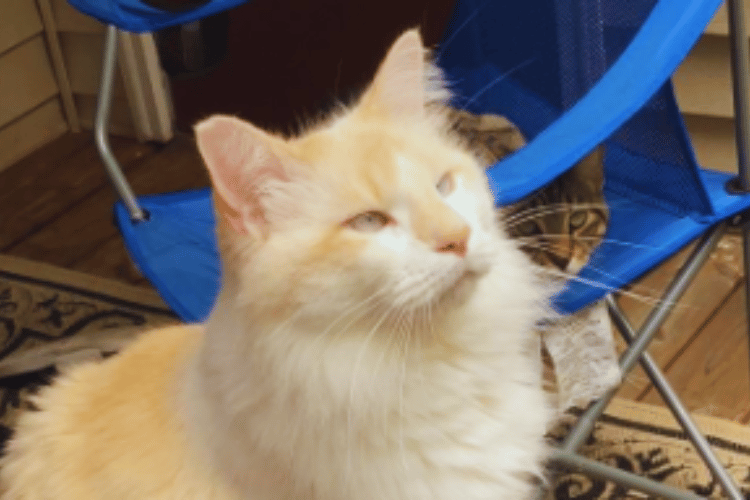
Furthermore, a dust-free litter can be a game-changer for cat owners. Not only does it reduce the amount of litter dust that becomes airborne, but it also contributes to a cleaner litter box and, consequently, less potent odors. When combined with an air purifier featuring an activated carbon filter, the result is a noticeably fresher home. This synergy between a cat's diet, the choice of litter, and air purification technology underscores the holistic approach needed to tackle indoor air quality issues for cat owners.
The Interplay Between Cat's Diet and Litter Box Conditions
The connection between a cat's diet and the condition of their litter box is often overlooked. A high-quality diet can result in healthier digestion for your feline friend, which in turn can lead to less odorous and more compact cat waste. This can make the litter box daily maintenance task a bit more bearable. Additionally, a proper diet can reduce the amount of pet hair and other airborne pollutants that cats may shed around their litter area, contributing to a cleaner home environment.
On the flip side, a poor diet can exacerbate litter box smells and increase the frequency of soiled litter, making it imperative for cat owners to stay on top of cleaning and deodorizing routines. Incorporating a litter deodorizer or a sprinkle of baking soda can help neutralize odors in between cleanings. However, it's essential to choose products that are safe for cats and won't irritate their sensitive respiratory systems. By paying attention to your cat's diet and its effects on litter box conditions, you can help ensure a fresher-smelling home and a healthier pet.
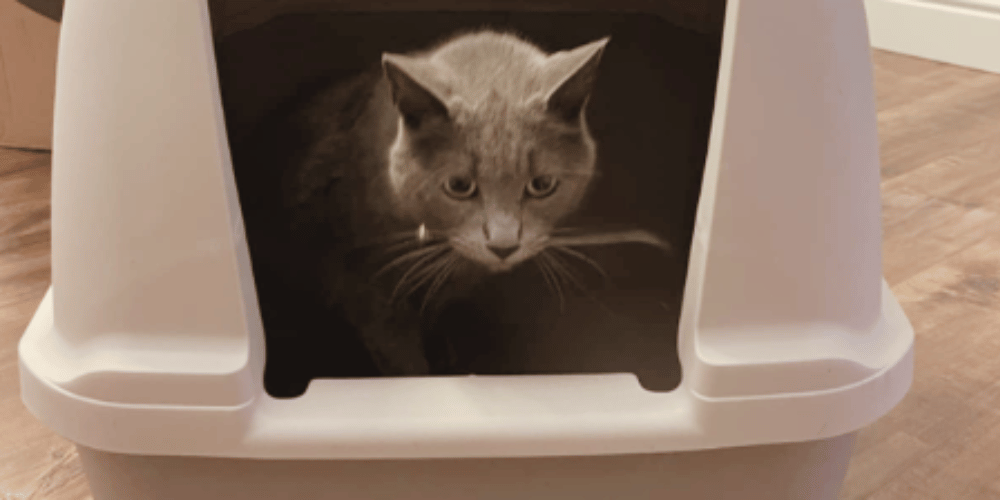
The Impact of Cat Litter Box Smells on Indoor Air Quality
Cat litter box smells can permeate a home, affecting the overall air quality. By using an air purifier with the right filters, you can significantly reduce these odors, creating a more pleasant living environment for both you and your feline friend.
How Many Cats Do You Have? Adjusting Your Air Purifier Needs
The number of cats you have can influence the amount of litter dust and odors in your home. Pet owners with multiple cats may need to invest in a more powerful air purifier or use multiple units to maintain fresh air and control odors effectively.
The Benefits of a Dust-Free Litter
Investing in a quality litter that is dust-free or low in dust can complement the effectiveness of an air purifier. This reduces the amount of dust that becomes airborne in the first place, easing the burden on your air purifier and contributing to cleaner air.
Cat's Diet and Litter Box Odors
What your cat eats can affect the smell of their waste. A balanced cat's diet can lead to less pungent cat urine and feces, which in turn can make it easier for your air purifier to eliminate odors and maintain a fresh-smelling home.
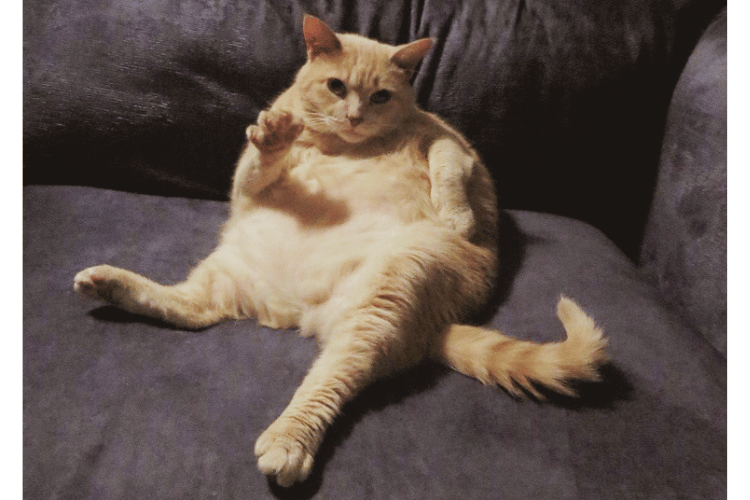
The Best Air Purifier Features for Cat Owners
When shopping for the best air purifier for cat owners, look for features like quiet operation, remote control, and the ability to kill bacteria. These features enhance the user experience and contribute to a healthier home environment.
Neutralizing Odors Beyond the Litter Box
Air purifiers with activated carbon filters don't just tackle cat litter odor; they can also absorb odors from cat food and other sources. This makes them a versatile tool in maintaining a fresh-smelling home.
Litter Deodorizers and Air Purifiers: A Combined Approach
Using litter deodorizers in conjunction with an air purifier can help trap odors at the source and enhance the air purifier's ability to provide clean air. This two-pronged approach can be particularly effective in managing cat litter smell.
Summary
Air purifiers can be a game-changer for cat owners looking to combat cat litter dust and odors. By choosing a unit with a true HEPA filter and activated carbon filters, you can capture fine dust particles and neutralize unpleasant smells.
Regular maintenance of both the litter box and the air purifier, along with considerations like pet dander, cat hair, and the number of cats, will further ensure a clean and healthy home environment. Remember, the best air purifier for cat litter dust is one that fits your specific needs and works in tandem with good litter box hygiene and quality litter choices.
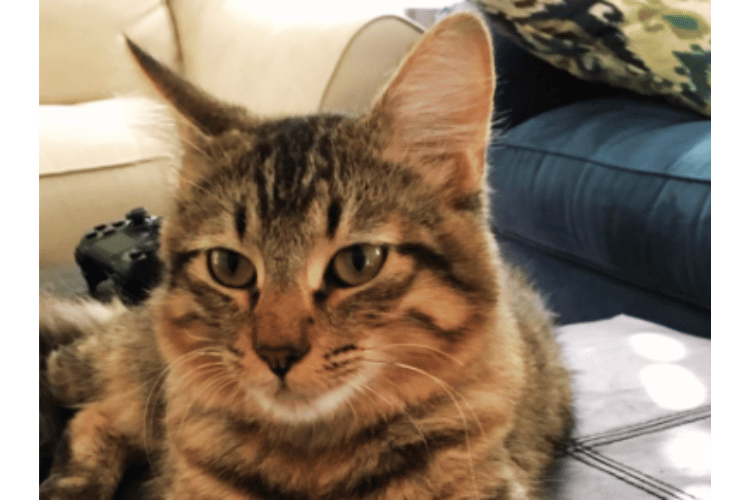
FAQ Section
Q: Can an air purifier completely eliminate cat litter dust and odors? A: While an air purifier can significantly reduce cat litter dust and odors, complete elimination depends on various factors, including the purifier's capacity, the type of litter used, and how well the litter box is maintained.
Q: How often should I replace the filters in my air purifier? A: The frequency of filter replacement varies by model and usage, but generally, HEPA filters should be replaced every 6 to 12 months, and activated carbon filters every 3 to 6 months. Always refer to the manufacturer's recommendations.
Q: Are air purifiers safe for cats? A: Yes, air purifiers are safe for cats and can actually contribute to a healthier environment by reducing potential allergens and airborne particles that can affect your cat's health.
Thank you for visiting LegitLists we hope this helps you make a legitimate choice!



